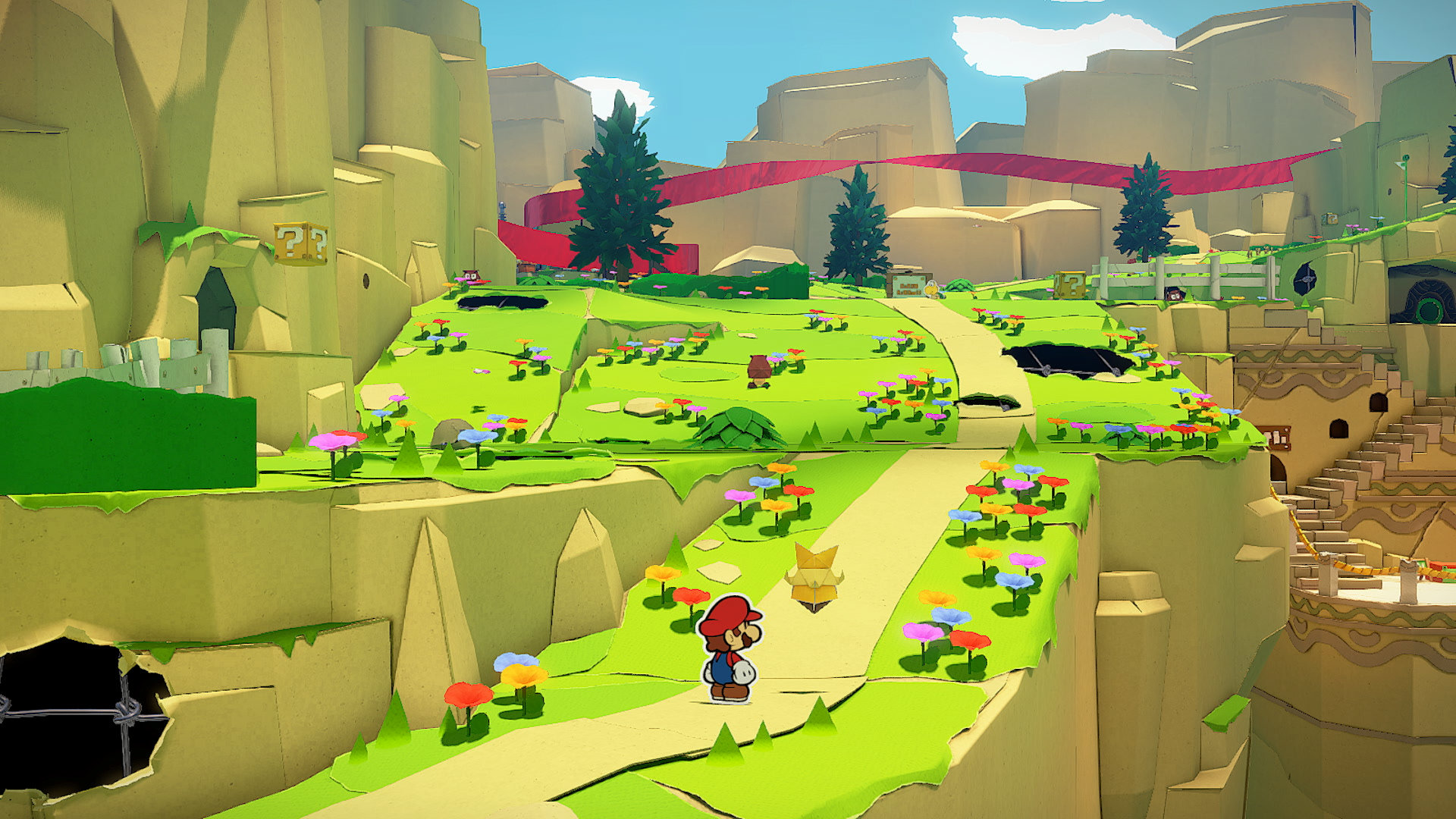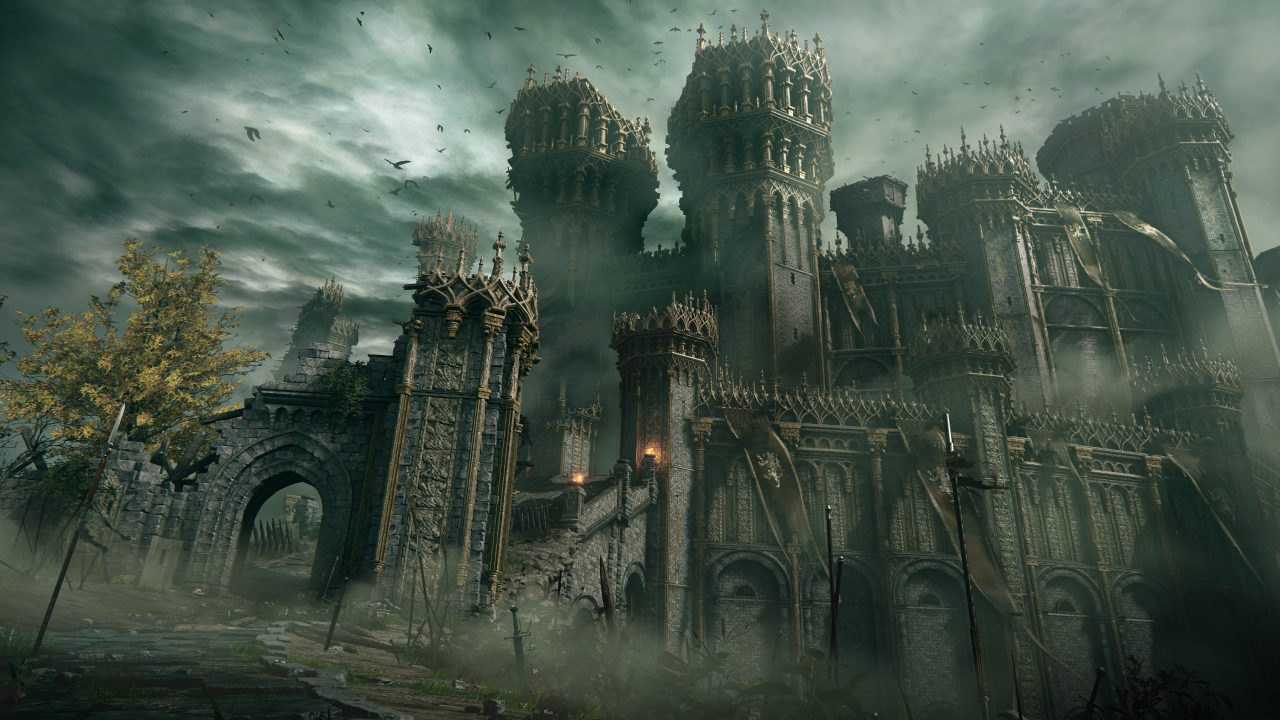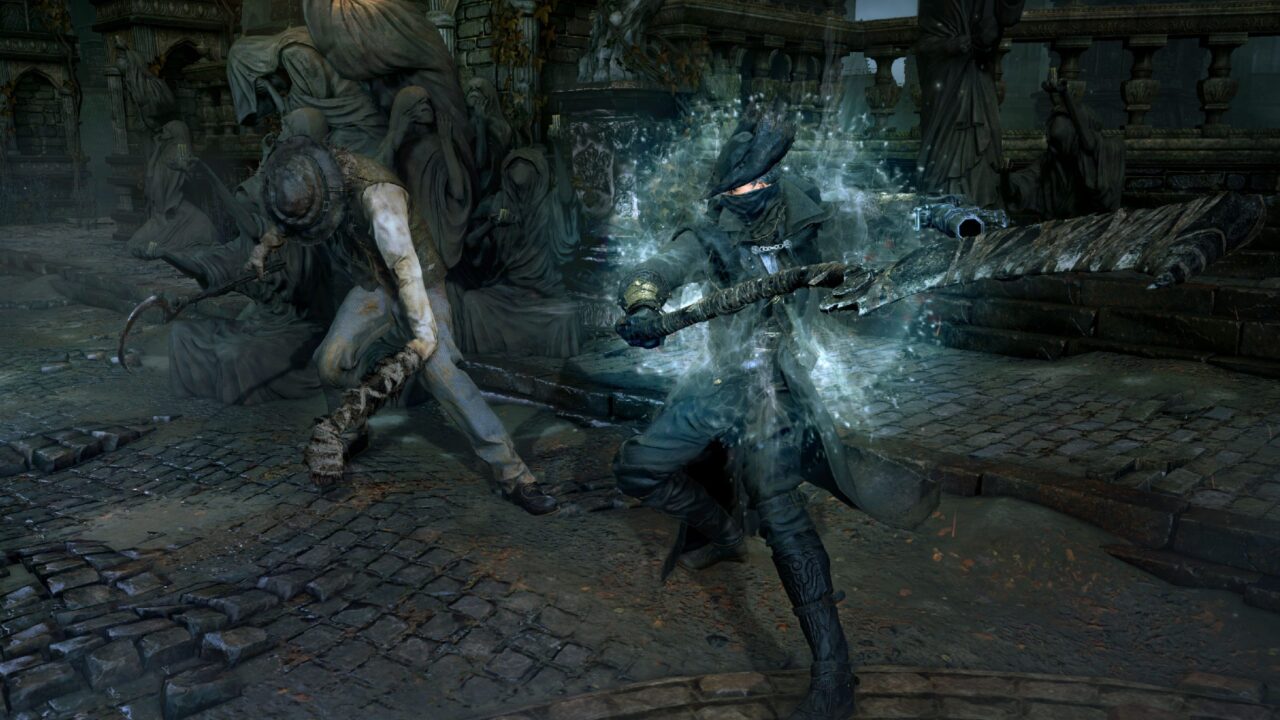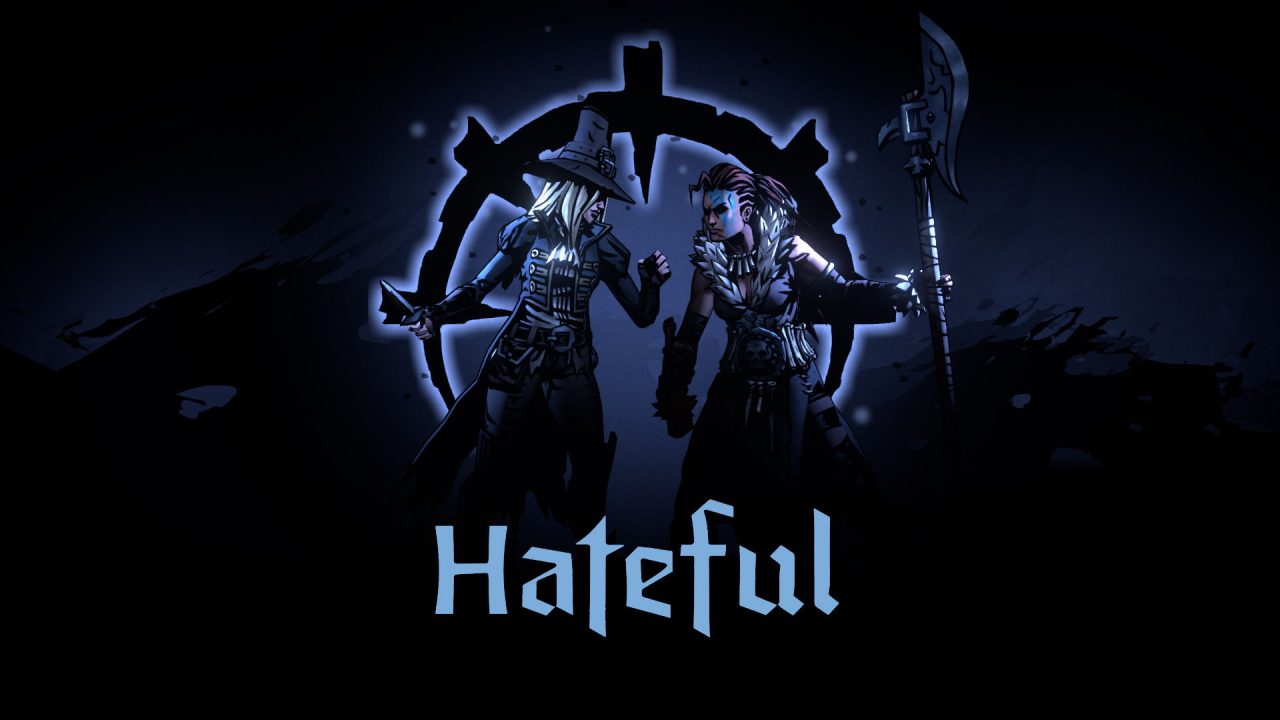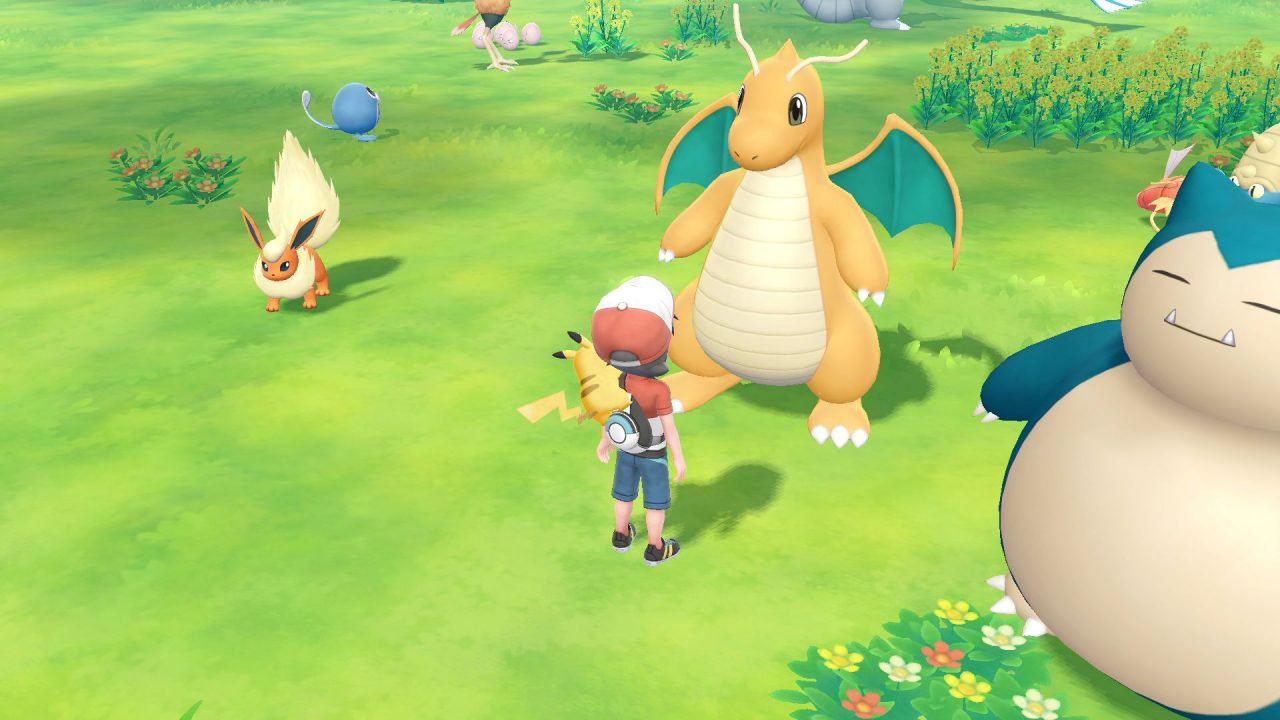Greetings, RPGFan readers! My name is Jimmy Turner, and I am writing this because I have a secret. It is embarrassing, dare I say shameful, but the time has come when I must get this weight off my chest and bare my dark secret to the world. So here goes…
I play games on easy.
There, I said it. Feel free to step away and take a moment to let that sink in before reading further. Take your time.
With that out of the way, you might have questions. For example, you might be thinking, Wait a minute, you write for an RPG-focused video games site. Shouldn’t you be decently good at RPGs? That’s a fair question. To be honest, I would agree with that line of thinking if I were a reviewer. However, if you look at my work for the site, you will see that I have not done any reviews. If I decide to review games for the site at some point, I would play the game in question on the standard difficulty, as I believe that playing on easy mode could create an inaccurate representation of the gameplay that the average player would expect.
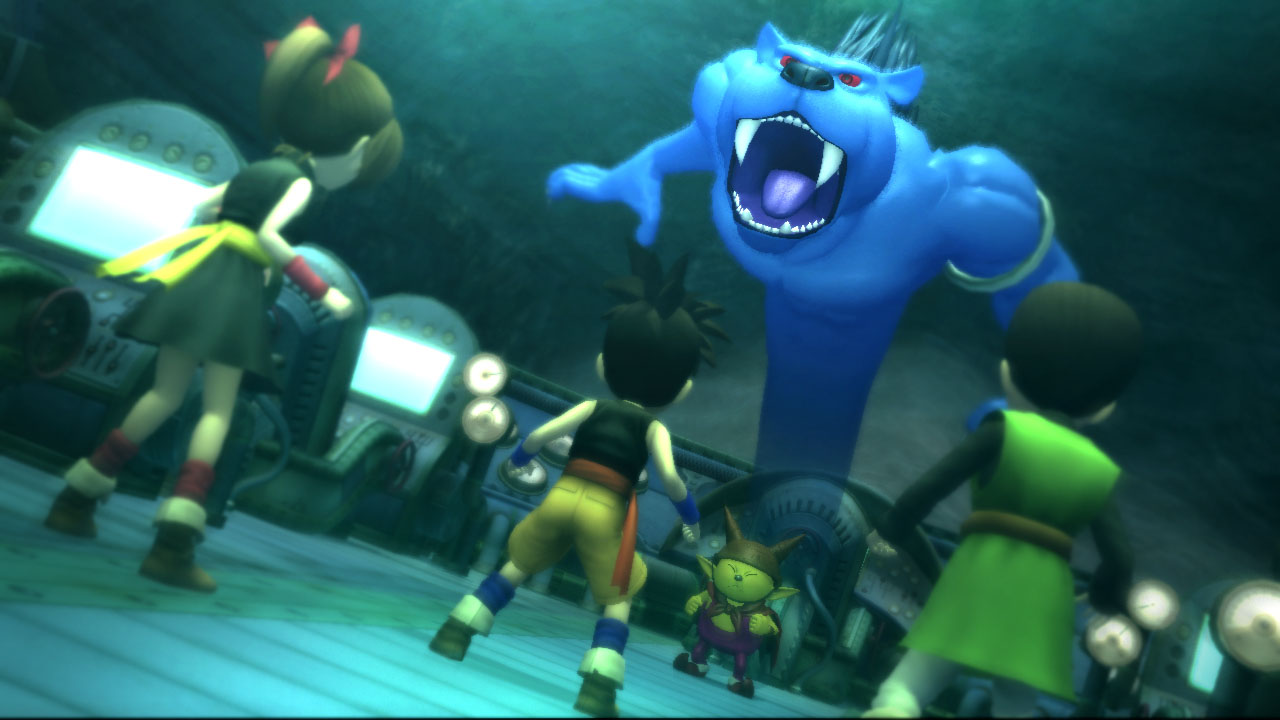
The other obvious question is simply, why? I’m glad you asked. I have multiple justifications for my easy-mode preference. I will use my personal reasons to advocate for the inclusion of difficulty or accessibility settings in games. Before I get there, I need to address the other side of the argument.
Git Gud
I’m sure most of you are familiar with this term, which is often used as a contentious response to someone asking for help or tips on overcoming a challenging game. It has become synonymous with Dark Souls or other particularly brutally difficult games. I appreciate souls-likes and roguelikes for their design and passionate fanbases, but this response and attitude are why I will also acknowledge that those games are not for me.
I concede that the difficulty of games like Elden Ring is an intentional aspect of their design. Those games also feature gothic horror settings and narratives that strongly appeal to players like me. Unfortunately, the lack of easier difficulties keeps those games out of my reach. Funnily, the only soulslike (or soulslite?) I completed was Jedi Fallen Order, a game that I was able to play on “Story Mode” difficulty.
What I fail to understand is why certain players believe hard games should not include similar difficulty options. I oppose gatekeeping in any fandom, and the idea that including easier settings somehow lessens a game’s integrity is silly to me. I suppose the belief might be that it cheapens the accomplishment of a player who overcomes a tough game on the standard difficulty vs someone who plays on an easier setting. However, that issue is easily fixed with achievements or trophies tied to specific difficulties.
With that out of the way, I want to explain why I gravitate toward easy difficulties in games. I’ve narrowed my reasons down to three in no particular order.
Slow Reaction Speed
I played my fair share of sports as a kid, but I was far from a star athlete. Much of my struggles could be attributed to being slow, and in particular, having a slow reaction speed. The slow reaction time carried over to my decision-making. Being unable to make quick decisions while standing in the batter’s box does not contribute to a great batting average, for example.
Much like in sports, slow reaction speed and decision-making can make action combat a challenge. Most of the time, it isn’t as though I can’t identify a boss’s pattern after a while. The problem is that even when anticipating certain moves, I tend to panic. The panic results in mistimed button presses or failing to avoid attacks. Could practice and patience allow me to overcome these challenges? Maybe. Do I have the motivation to commit to said practice? Definitely not.
This has ruled out most high-intensity action-RPG titles like Nioh or Bloodborne. Dodge and parry timing is like performing advanced calculus for me. The same goes for most shooters, racing games, rhythm games, and Metroidvanias. Turn-based RPGs have become the default for me because they allow me to think out each move and not have to rely on rapid decisions.
Time Constraints
When I was but a young lad, I had much more time for video games. As an adult who just turned 40, I find my time increasingly sparse. When you have to manage a career, be a parent, maintain a home, and more, leisure time is at a premium.
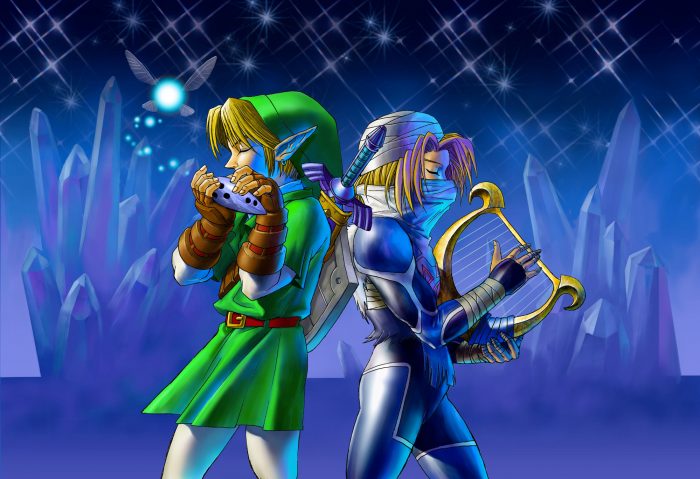
With my available gaming time limited, the last thing I want is to spend hours replaying the same sequence of a game due to failure. RPGs aren’t necessarily the best genre for someone with time constraints to start with. Adding on hours of learning a pattern or grinding enough levels to overcome a challenge puts them even more at odds with a busy schedule. Sometimes I just want to experience a well-told story or blow off some steam after a long day. The ability to change difficulty settings to fit my casual style better is invaluable.
Frustration
The final culprit in creating division between myself and hard games is personal frustration. Frustration leads to anger, anger leads to hate, hate leads to suffering (or something like that).
Star Wars puns aside, I find frustration in failure. I have never experienced the feeling of accomplishment that others have described when overcoming a challenge after failing time and again. I simply don’t have the patience or the mental fortitude to push through the repeated failure. As a kid, I struggled to regulate my emotions when frustrated, often leading to emotional outbursts. While I’ve certainly calmed down as an adult, I still find myself using all my faculties to avoid screaming at the TV or throwing a controller when the going gets tough.
The silver lining is that my frustration is a big contributing factor to what continues to draw me toward RPGs. For instance, my group of friends became Halo fanatics in the early 2000s. It took me attending just one weekend LAN party to sour me on multiplayer shooters forever. Run around, get killed, respawn, repeat pretty much sums up my experience. Turn-based RPGs never aggravate me to that degree, with the exception of Darkest Dungeon. The game that has a mechanic built around managing your party’s stress, does no favors for managing my own stress. If I fail to beat a tough boss, it isn’t due to hand-eye coordination. It usually just takes either a change in strategy or grinding a few levels. I’m also never above consulting a guide when I’m stuck.
The Easy Way Out
My belief on gaming difficulty is “to each their own.” If someone loves to be tested by harsh challenges, more power to them. If someone loves to simply experience a story or setting while facing minimal resistance, that’s great too.
This is why I love games that include difficulty options. Some of my favorite RPGs are often considered by many to be too easy, such as Blue Dragon, Pokémon Let’s Go, Pikachu & Let’s Go, Eevee, and Paper Mario the Thousand Year Door. On the other hand, some of my other favorites may have difficult ‘standard’ modes. The option to play on an easier difficulty has allowed me to experience them, too.
At the end of the day, we all have our reasons for being RPG fans. I believe the more games allow for a tailored experience that suits a wide range of players, the better. As for me, I’ll keep taking the easy way out.

